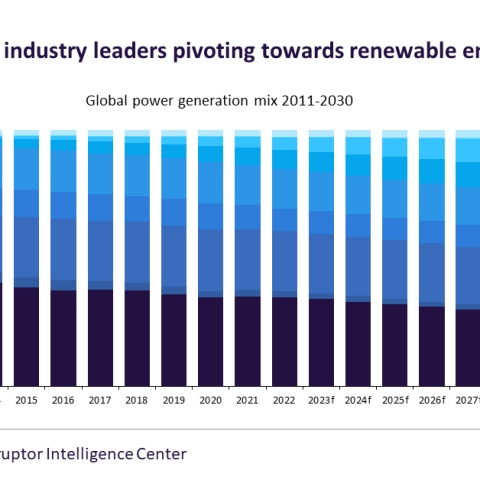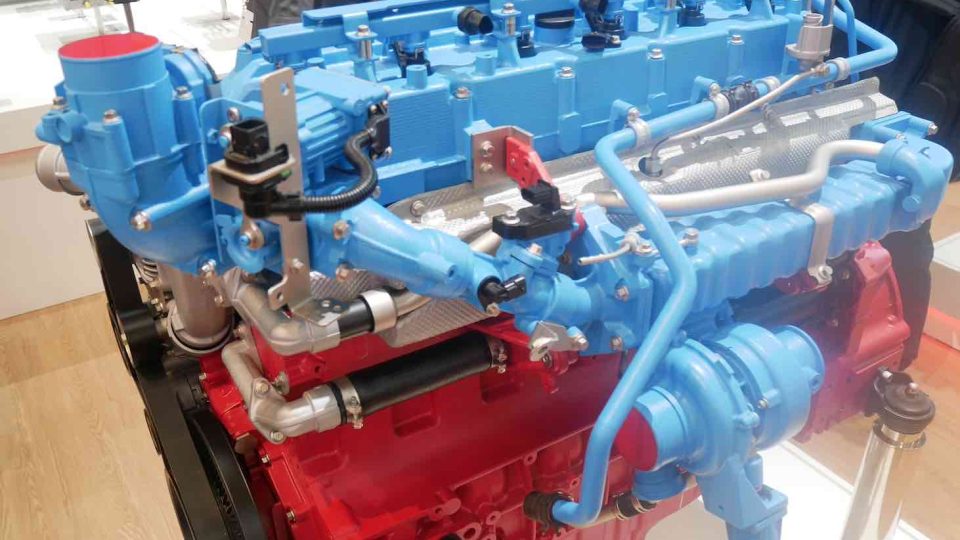[GlobalData] Oil and gas companies target to become competitive in renewable energy
According to GlobalData, a leading data and analytics company, oil and gas companies held little over 1% of the total installed renewable energy capacity globally in 2022, in a market that is dominated by traditional power producers

According to GlobalData, a leading data and analytics company, oil and gas companies held little over 1% of the total installed renewable energy capacity globally in 2022, in a market that is dominated by traditional power producers. Renewable power generation across the world is expected to grow at a compound annual growth rate (CAGR) of 6.9% between 2022 and 2030, while the share of fossil fuels in the global power mix is estimated to decline over the forecast period. As a result, oil and gas players have pledged considerable investments in the renewable energy market to improve their share in the coming years.
GlobalData’s thematic report, “Renewable Energy in Oil & Gas,” provides an overview of the competitive positions held by oil and gas players in the renewable energy segment. It further benchmarks the efforts of major oil and gas companies, such as BP, TotalEnergies, Shell, and Equinor, in the solar, wind, and biopower value chains. It also identifies the various trends influencing the renewable energy theme and the technologies that have evolved to exploit the harvested renewable energy.
GlobalData: oil and gas companies are increasing their investments
Ravindra Puranik, Oil and Gas Analyst at GlobalData, comments: “Leading oil and gas companies are expanding their exposure to renewable energy through increased investments, as international bodies, such as the United Nations, have highlighted the need to mitigate carbon emissions. Going forward, the oil and gas industry will increase its adoption of zero-carbon sources, with alternatives such as solar and wind power becoming increasingly popular.”
Solar and wind energy have been the primary markets in the shift to renewable energy, as these technologies have promising growth potential. Oil and gas companies are also increasing their exposure to the emerging biopower segment.
Puranik continues: “Oil and gas leaders are increasingly positioning themselves as the providers of renewable power and renewable fuels. Solar and wind power projects have comparatively higher growth potential and are also witnessing falling project costs. This makes them ideal investments for oil and gas companies in their energy transition.”
Presently, oil and gas players are significantly behind the curve with respect to traditional power players, such as China Three Gorges, Eletrobras, Enel, Huaneng Group, and Iberdrola. Nevertheless, they are expected to gain a sizable foothold in this decade.
Puranik concludes: “In 2022, Shell did not even feature in the top 50 renewable energy producers globally. However, it announced several wind and solar projects that would increase its renewable capacity to 34 GW by 2030. This growth would propel Shell into the top 25 in terms of renewable energy capacity by 2030. The rankings of TotalEnergies and BP are also expected to take a huge leap over this timeframe.”









